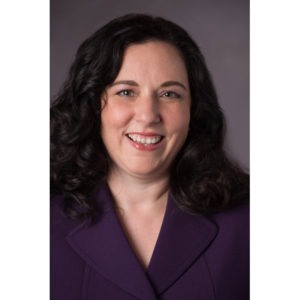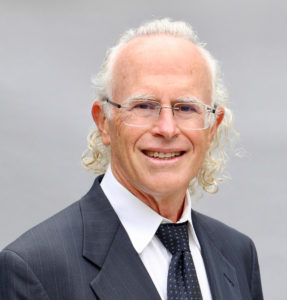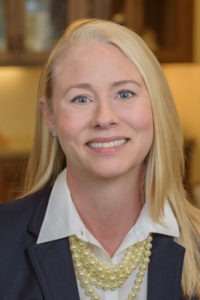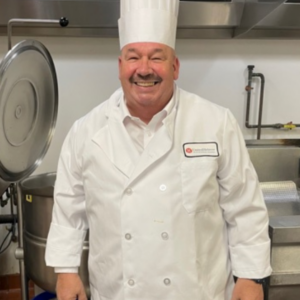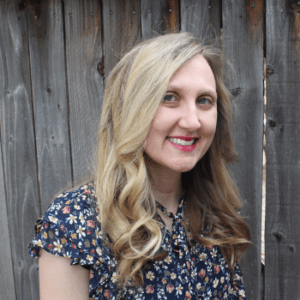Lifelong Learning for Better Resident Health and Engagement

Provide a variety of opportunities for your residents to continue learning well into their later years.
An active brain is a healthy brain. Offering residents the opportunity to engage their minds is critical to supporting cognitive ability, which pays dividends for their overall physical well-being, too.
This theory has gained more adherents in recent years and has led to the construction of senior living communities right on college campuses in some parts of the country. In 2006, Andrew Carle, founder of George Mason University’s program in senior housing administration coined the term “university-based retirement community” to describe the trend of senior housing options that began popping up on college campuses. These communities provide housing and learning opportunities for alumni and other seniors who want to keep contact with a vibrant learning community.
A 2014 report from PBS News Hour estimated there were about 100 UBRCs in America, and that number is likely to continue growing as more colleges seek new and innovative ways to connect with alumni and extend their reach into local communities.

Andrew Carle, founder of George Mason University’s program in senior housing administration
One major benefit of a senior living facility being located on or very near to a college campus is that seniors living there are typically offered access to learning opportunities or special classes and events designed just for them. These programs are intended to keep seniors engaged and intellectually curious, no matter their age.
For example, at Lasell Village Senior Living at Lasell University in Newton, Massachusetts – which was one of the first UBRC’s in the country, opening in 2000 –residents participate in “true college courses alongside students who are pursuing degrees.” This affords opportunities for seniors to connect with younger people and feel less like they’re stranded on a senior island somewhere, outside of the rest of the world.
A Campus on Your Campus
While not all senior living facilities can or should be located on or very near to college campuses, that doesn’t mean you can’t facilitate lifelong learning among residents right where you are. Some simple ideas to increase learning opportunities for your residents include:
- Distance Learning. The rise of online and remote learning opportunities has been a boon for many seniors, especially those who don’t have the mobility or transportation options to get to a traditional classroom. In recent years, these online programs have expanded to cover virtually any topic you can think of and some are offered by major institutions. For example, Stanford University’s Continuing Studies program is an open learning community that offers liberal arts and science, creative writing and professional and personal development classes to adults of all ages. The Massachusetts Institute of Technology’s MIT OpenCourseWare program also offers a robust variety of courses online that are free for anyone to enjoy. And edX, a global e-learning program founded in 2012 partnership between Harvard University and MIT, now offers more than 2,500 online courses from top institutions including Harvard University, Georgetown University, and Boston University for free.
- In-person seminars. Many senior care facilities invite local experts – college professors or researchers who live in the surrounding community – to present their work to interested seniors. Look to build connections with local interest groups, such as a gardening society or science club, in addition to more formal learning locations such as schools and universities to find speakers who may be delighted to share their insight and work with your residents.
- Lunch-and-learns. It’s a proven fact – food makes every gathering more popular. Inviting local experts into your community to instruct seniors over lunch is a wonderful social and learning opportunity that can really bring the community together. There are also some organizations that you can partner with to make such connections even easier. For example, West Parry Sound District Community Support Services in Ontario has a robust lunch-and-learn program that is open to seniors and those who support them, including caregivers, clinical staff, and anyone else who comes into contact with seniors and wants to learn about topics relevant to the aging community. Look around in your community for similar organizations and programs that you can partner with to bring the world to your residents.
- App-based options. For seniors who want to learn a new language – which can be a wonderful way to stretch and challenge the brain – app-based companies such as Duolingo, Babbel, and Rosetta Stone offer free or inexpensive foreign language-learning classes. Your facility could invest in a few tablet devices that seniors can borrow each day to work on their language building skills.
Student as Teacher
Not all of the learning opportunities you provide in your facilities need to be directed at seniors. In fact, some of the most enriching opportunities out there feature seniors teaching others the skills or hobbies they’ve got expertise in. The act of teaching increases understanding and retention of knowledge and it builds bridges between people.
A simple way to achieve this is to invite local kids in for cooking or baking classes led by your seniors. Seniors who want to offer instruction in their hobbies or passions should also be encouraged to launch study groups among peers or you can offer these sessions to the wider community. Got a former museum curator as a resident? Perhaps he or she would like to teach an art history overview class to fellow residents or others in the wider community.
And don’t limit your creativity. There are a vast number of other learning events you can host. One key aim should be to bring the community into your facility to help foster intergenerational connection and sharing. And find out what’s important to your residents. What do they want to learn? What will engage them? And what skills or passions do they want to share with others? The sky’s the limit when it comes to teaching, learning, and growing cross the arc of a lifetime.

Elaine K. Howley is a freelance journalist for various publications. An award-winning writer specializing in health, fitness, sports and history, her work has appeared in numerous print and online publications, including U.S. News, AARP.org, espnW, SWIMMER magazine and Atlas Obscura. She’s also a world-record holding marathon swimmer with a passion for animals and beer. Contact her via her website: elainekhowley.com.
Related Articles
Topics: Activities , Featured Articles , Leadership , Resident Care , Senior Environments


